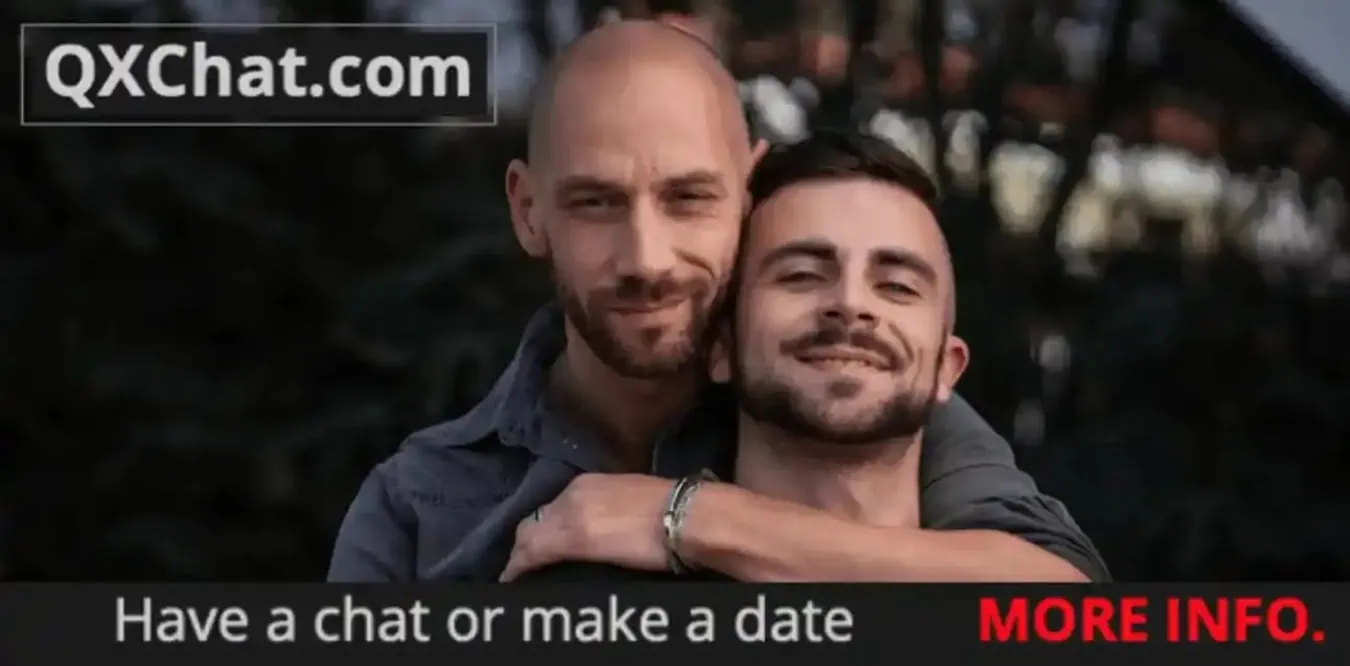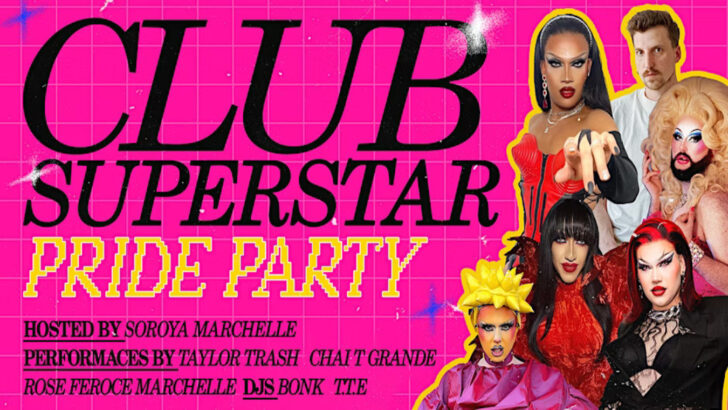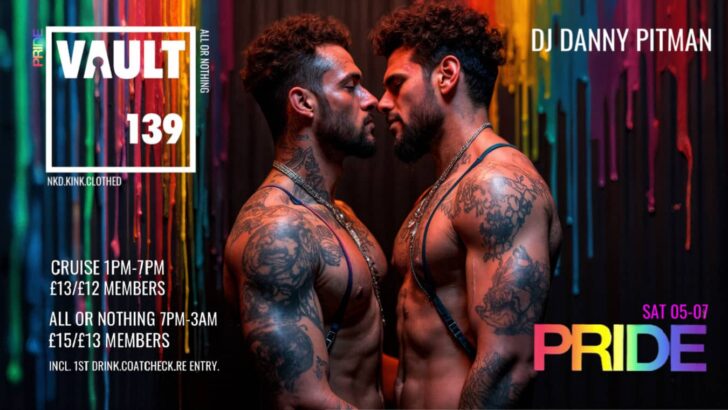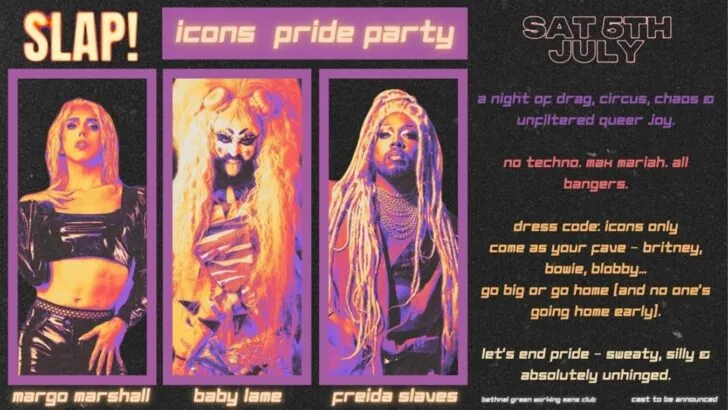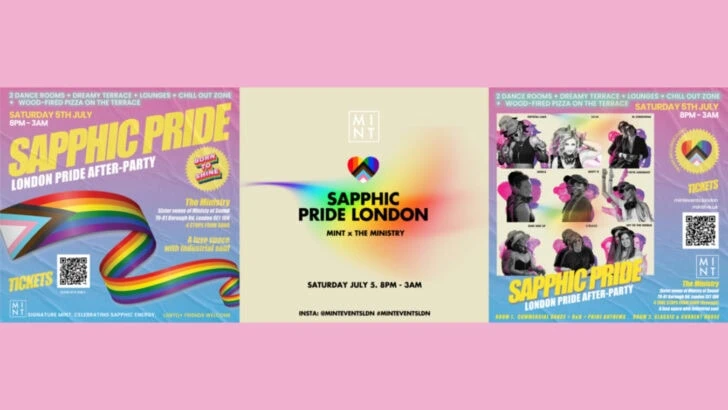There is a ‘Second Silence’ amongst gay men, and it revolves around HIV and AIDS.
By Patrick Cash
Silence can be harmful. In the 1980s when the AIDS epidemic was at its height, there was a palpable statutory silence on behalf of the Conservative government and healthcare services until 1987. The ensuing tombstone and iceberg adverts instigated by Lord Norman Fowler began a conversation on HIV prevention and safe sex that saved lives; ‘AIDS: Don’t Die of Ignorance’ was the tagline. Launched five years into the epidemic, it was too late for the many gay men who had already succumbed to the disease.

‘I think the Second Silence is simply about the numbers of people out there with HIV, both those who know they’re infected and those who don’t. There’s every good reason why when you’ve got HIV you don’t want to tell everybody under the sun and become an HIV bore, confidentiality is crucial, absolutely vital, but the question of confidentiality and self-protection paradoxically have an unintended consequence – and that unintended consequence is that nobody seems really aware of the percentage of people with HIV in their midst.’
Where this consequence seems to be most prevalent is amongst young gay men in their teens and twenties, those who came into their sexualities after the spectre of death by AIDS had been allayed by antiretroviral therapy drugs. ‘In 2012 there were 3,250 gay men diagnosed with HIV and a third of those were in their teens and twenties,’ says Matthew Hodson, the Chief Executive of GMFA, who have recently launched their ‘Think Again’ HIV awareness campaign.

GMFA have been doing something about HIV and AIDS since their inauguration. Founded in 1992 as ‘Gay Men Fighting AIDS’, the group was initially made up of people already working in HIV prevention work who were concerned that HIV had been ‘de-gayed’ for political reasons. GMFA’s prerogative from the start was to provide an authentic gay male voice for the gay community. ‘GMFA is your really well informed gay friend and that’s the tone in FS Magazine, on the website, in our advertising campaigns, we’re not pretending to be better, we’re not pretending to be different,’ says Hodson.
But for a voice to be listened to, it first needs to make itself heard. Therefore many of the most high profile advertising campaigns on HIV prevention work, and promotion of safer sex, have stemmed from this organisation, as can be seen on these pages. Despite brutal funding cuts, they carry on doing this work. ‘We actually think that there are things that GMFA do better than anyone else,’ Hodson continues, ‘that are related to using gay men’s language, talking honestly about sex, not pretending, not being too prissy, being kind of blunt and to the point.’
With the Think Again campaign they are targeting young gay men for awareness reasons, but also trying to dispel the many myths of misinformation that have wreathed themselves about HIV. Hodson states of the focus groups GMFA ran to develop its most recent campaign: ‘We were so struck by some of these inaccurate beliefs…
A lot of what we got back confirmed our fears, that there were a lot of gay men who said “HIV is not an issue anymore or it’s something that won’t affect me, or it won’t happen to me because I’m not a slut or it’s something that won’t happen to me because I’m too young to get it, it’s something that happens to other people.” I think that’s true of everyone; almost everyone thinks it’s something that happens to other people.’
This ‘it happens to other people’ thinking mentioned by Hodson, crops up again in my conversation with David Stuart, Lead Substance Use Advisor at 56 Dean Street, on the Second Silence subject. If misinformation and lack of education are in part behind the continuing spread of HIV amongst gay men, then a particularly rapid rise in London can also be attributed to current ‘chemsex’ trends in the capital’s gay male community.
“In 2012 there were 3,250 gay men diagnosed with HIV and a third of those were in their teens and twenties.”
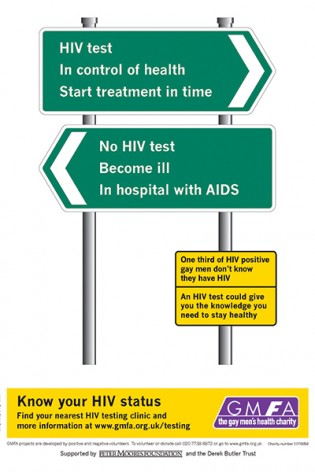
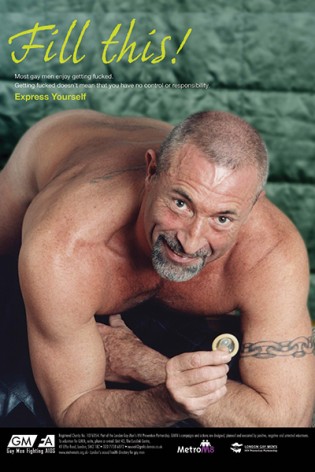
Doing something in the context of fighting this silence seems to start with the most obvious answer: communication. And through the shoots of communication we grow a community that cares holistically about its members, rather than standing fractured and alone. In response to the chemsex syndemic, David Stuart and I have launched the monthly open forum ‘Let’s Talk About Gay Sex & Drugs’ for anyone to come and voice their opinion, judgement-free, on the subjects as others listen. Beyond this event, beginning the greater conversation on HIV that groups like GMFA are trying to encourage, creates not only a sense of empathy but also a concession to caring about each other’s health and wellbeing, whatever their background or nationality.
‘Nobody should be dying of AIDS today, nobody,’ says Simon Watney in some of his final words. ‘In this country the people who are dying of AIDS are a subset of Black Africans, who are getting diagnosed late through a series of complex social and cultural reasons, and dying; the second overwhelming contingent of people dying unnecessarily are gay men. But on the whole, not to over-simplify, they’re not English gay men, they’re gay men who come here from around the world. From Syria as refugees, from Iran, Iraq, from South America, from Sicily, from wherever. With no education, whatsoever. God knows English kids don’t have very much, but if you’re growing up in Kurdistan you know Jack-diddly-squat about any of this; these are the people who know nothing about infecting, don’t know, don’t test, come down with PCP and die… There’s a debate about PrEP* now, which is really great that the discussion’s going on. I used to say years ago sometimes you have to chuck petrol on the bonfires. As long as people are discussing it.’
*Pre-Exposure Prophylaxis, a combination of HIV antiretroviral therapy drugs currently being trialled in the UK for use in HIV prevention work.
56 Dean Street, Soho, W1D 5AQ.
www.facebook.com/LetsTalkAboutGaySexAndDrugs
Read full ‘In Conversation With’ interviews with Simon Watney, Matthew Hodson and David Stuart on the QX blog: qxmagazine.kinsta.cloud/blog/
